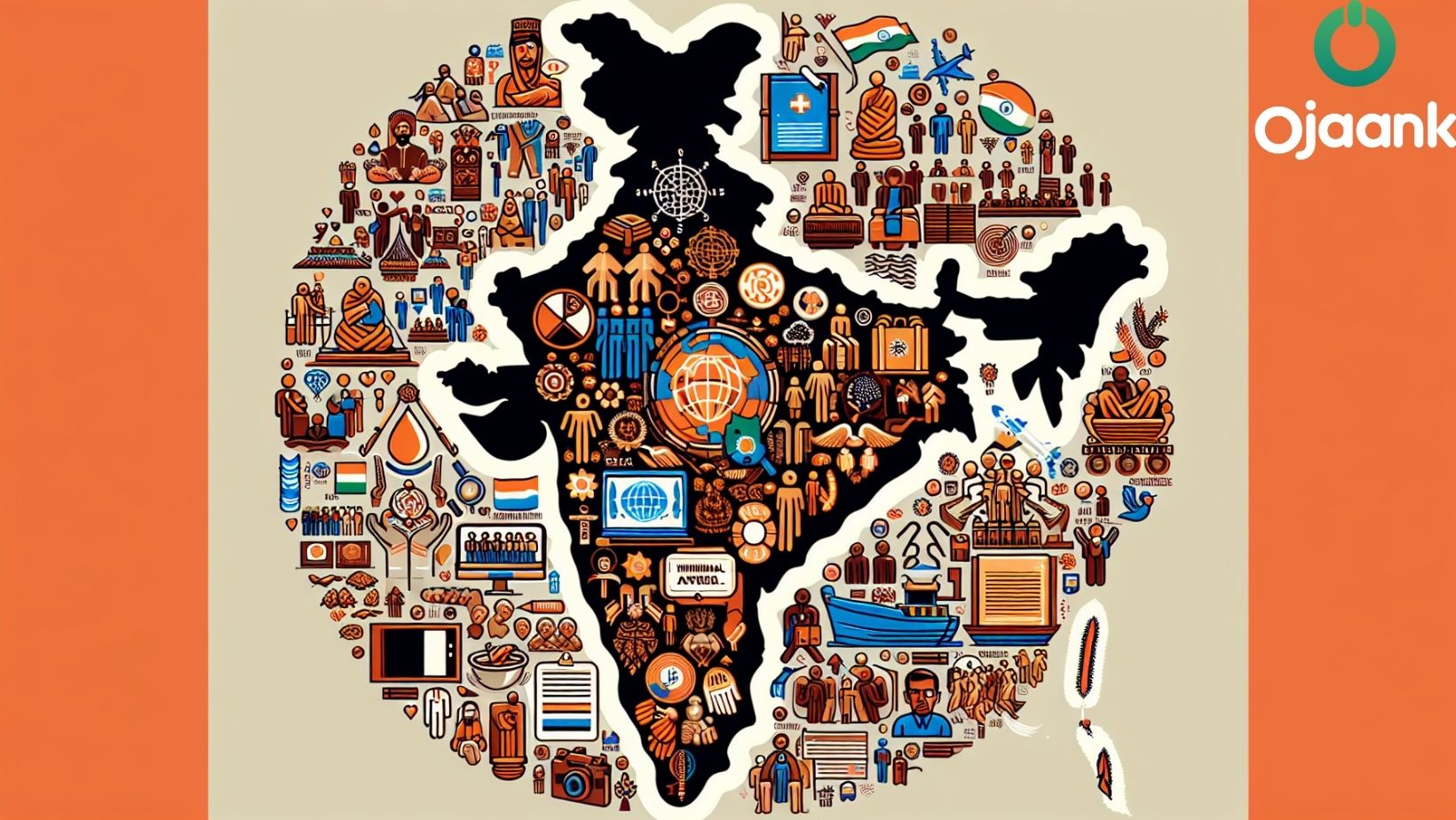India's Policy on Refugees

India's Policy on Refugees: A Comprehensive Overview
Table of Contents
Introduction
India's policy on refugees has been a subject of significant interest and debate in recent years. As a country with a long history of hosting diverse refugee populations, India's approach to refugee protection and management has evolved over time. This article explores the complexities of India's refugee policy, its historical context, and the challenges it faces in balancing humanitarian concerns with national security interests.
Who Are Refugees?
Refugees are individuals forced to flee their home countries due to persecution, conflict, or violence. They are unable to return to their countries of origin because of well-founded fears of persecution based on race, religion, nationality, political opinion, or membership in a particular social group. The 1951 Refugee Convention and its 1967 Protocol provide the universal definition of who is considered a refugee and outline the minimum standards for their treatment.
Key Points:
-
Refugees are distinct from migrants, who choose to move for various reasons
-
The principle of non-refoulement is fundamental to refugee protection
-
Refugees have the right not to be sent back to their country if their life or freedom would be at risk
International Refugee Protection Framework
The international community has established a framework for refugee protection through various conventions and treaties. The most significant of these is the 1951 Refugee Convention and its 1967 Protocol. These documents provide the legal foundation for refugee protection worldwide.
Key Elements of the International Framework:
-
Definition of refugee status
-
Rights and responsibilities of refugees
-
Obligations of host countries
-
The principle of non-refoulement
Countries that have signed the Convention are obliged to treat refugees according to the standards outlined in these documents. However, it's important to note that India is not a signatory to either the 1951 Convention or the 1967 Protocol.
Learn more about the 1951 Refugee Convention
India's Stance on Refugee Protection
India's policy on refugees is characterized by its ad hoc approach, as the country lacks a specific legal framework for refugee protection. Despite not being a signatory to the 1951 Refugee Convention, India has generally adhered to the principle of non-refoulement and has a history of providing shelter to various refugee groups.
Key Aspects of India's Refugee Policy:
-
No specific refugee law
-
Case-by-case approach to refugee management
-
Adherence to the principle of non-refoulement
-
Balancing humanitarian concerns with national security interests
India's approach to refugee protection is guided by its constitutional provisions, particularly Article 21, which guarantees the right to life and personal liberty to all persons within Indian territory, including non-citizens.
Challenges Faced by India in Refugee Management
India faces several challenges in managing its refugee populations:
-
Lack of Legal Framework: The absence of a specific refugee law creates ambiguity in the status and rights of refugees.
-
Security Concerns: India must balance humanitarian considerations with national security interests, particularly in light of regional conflicts and terrorism.
-
Economic Burden: Hosting large refugee populations can strain local resources and infrastructure.
-
Social Integration: Refugees often face difficulties in integrating into Indian society due to cultural and linguistic differences.
-
Political Sensitivities: The presence of certain refugee groups can sometimes lead to political tensions, both domestically and with neighboring countries.
Notable Refugee Groups in India
India has hosted several significant refugee populations over the years:
-
Tibetan Refugees: Following the Dalai Lama's flight to India in 1959, India has hosted a large Tibetan refugee community.
-
Sri Lankan Tamil Refugees: Many Sri Lankan Tamils sought refuge in India during the Sri Lankan Civil War.
-
Afghan Refugees: India has received Afghan refugees in several waves, particularly following the Soviet invasion and more recently due to ongoing conflicts.
-
Rohingya Refugees: The influx of Rohingya refugees from Myanmar has presented new challenges for India's refugee policy.
Read more about refugee groups in India
The Role of UNHCR in India
The United Nations High Commissioner for Refugees (UNHCR) plays a crucial role in supporting refugee protection in India. Despite India not being a signatory to the 1951 Convention, the UNHCR works in collaboration with the Indian government to assist refugees and asylum seekers.
UNHCR's Activities in India:
-
Registering and documenting refugees and asylum seekers
-
Providing assistance and protection to vulnerable refugees
-
Supporting voluntary repatriation when conditions allow
-
Advocating for durable solutions for long-staying refugee populations
The UNHCR's presence in India helps bridge the gap created by the absence of a national refugee protection framework.
Conclusion
India's policy on refugees reflects a complex interplay of historical, political, and humanitarian factors. While the country has a long tradition of hosting diverse refugee populations, the lack of a specific legal framework for refugee protection presents ongoing challenges. As India continues to navigate these issues, there is growing discussion about the need for a more comprehensive and formalized approach to refugee management.
Key Takeaways:
-
India lacks a specific refugee law but generally adheres to the principle of non-refoulement
-
The country faces challenges in balancing humanitarian concerns with security interests
-
India has hosted several significant refugee populations over the years
-
The UNHCR plays an important role in supporting refugee protection in India
As global refugee crises continue to evolve, India's approach to refugee protection and management will likely remain a topic of significant interest and debate. The country's experiences and challenges in this area offer valuable insights into the complexities of refugee policy in the developing world.